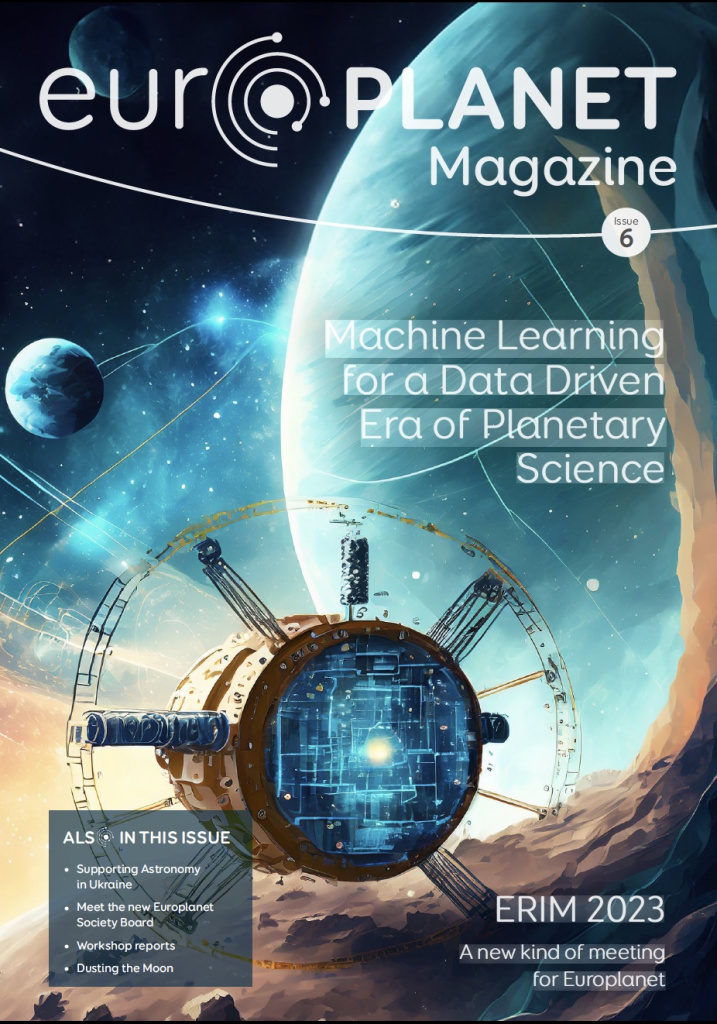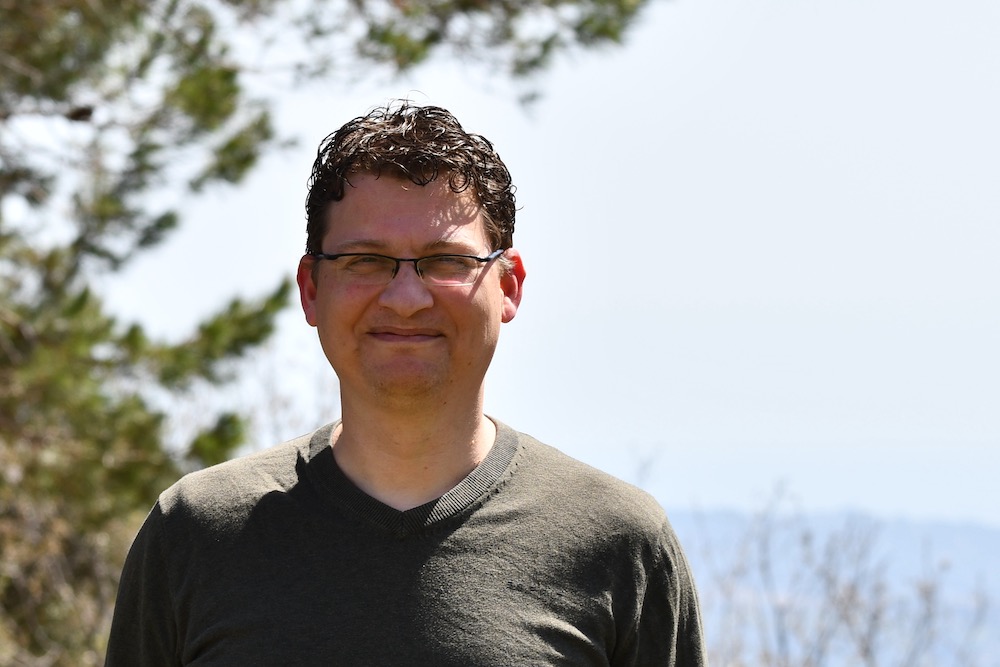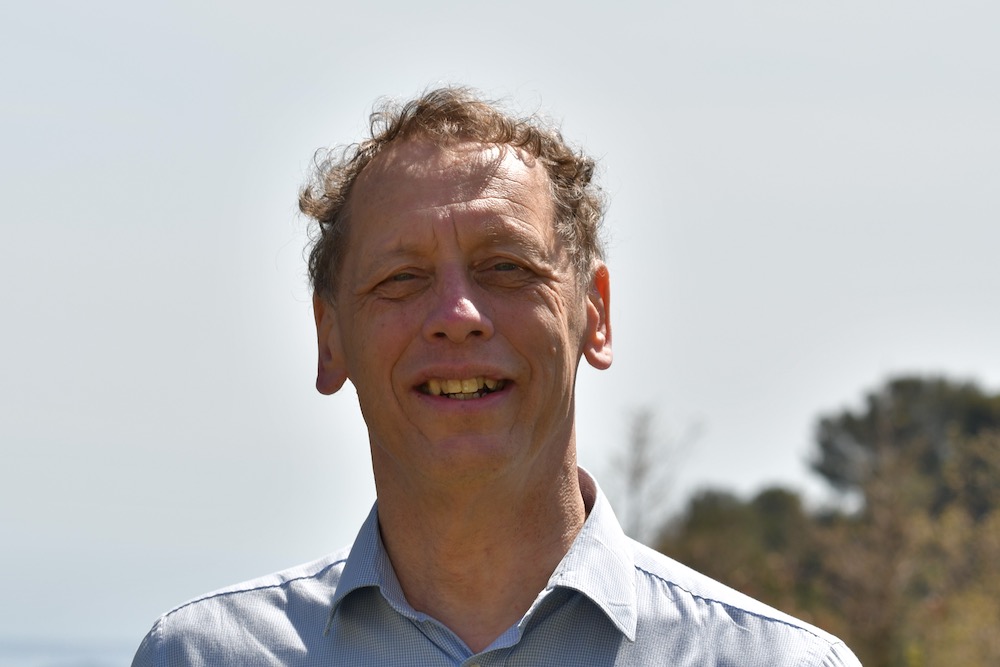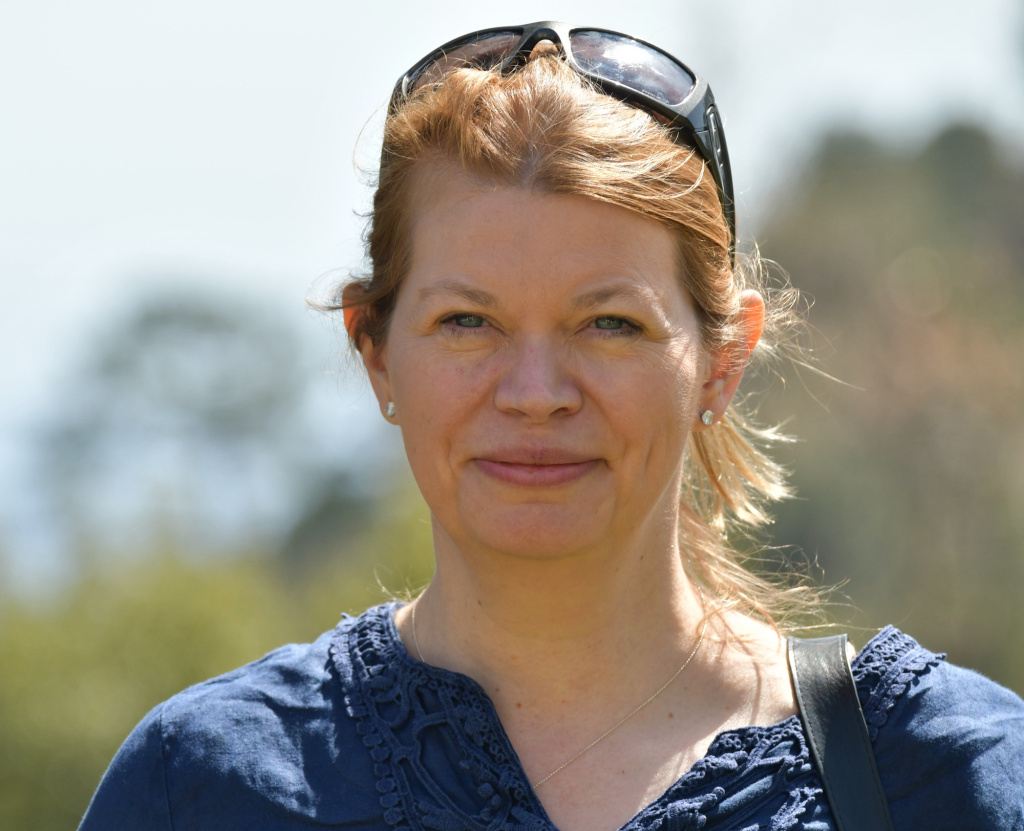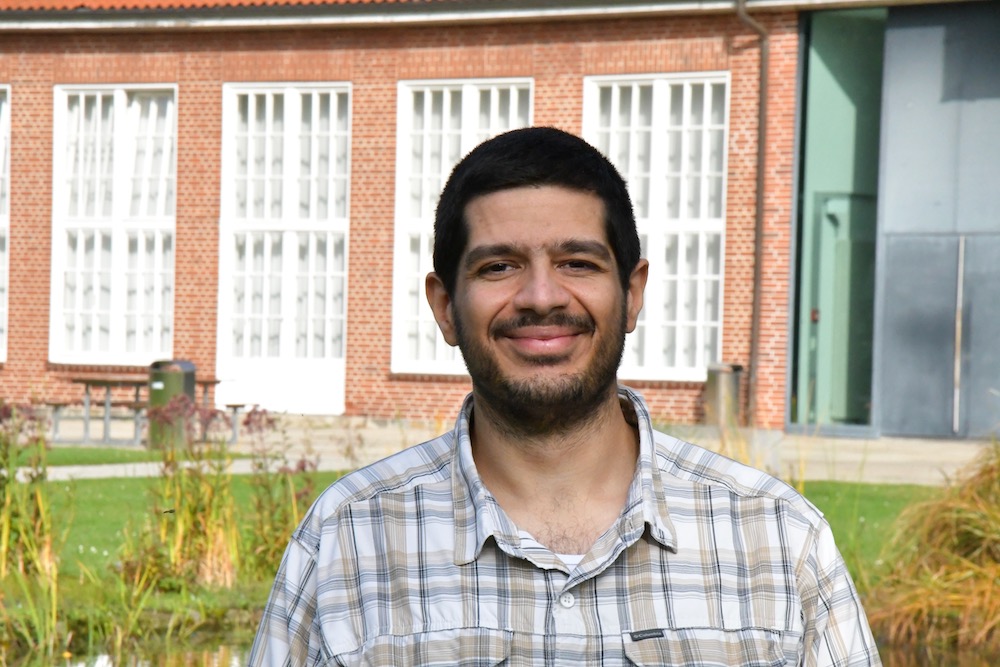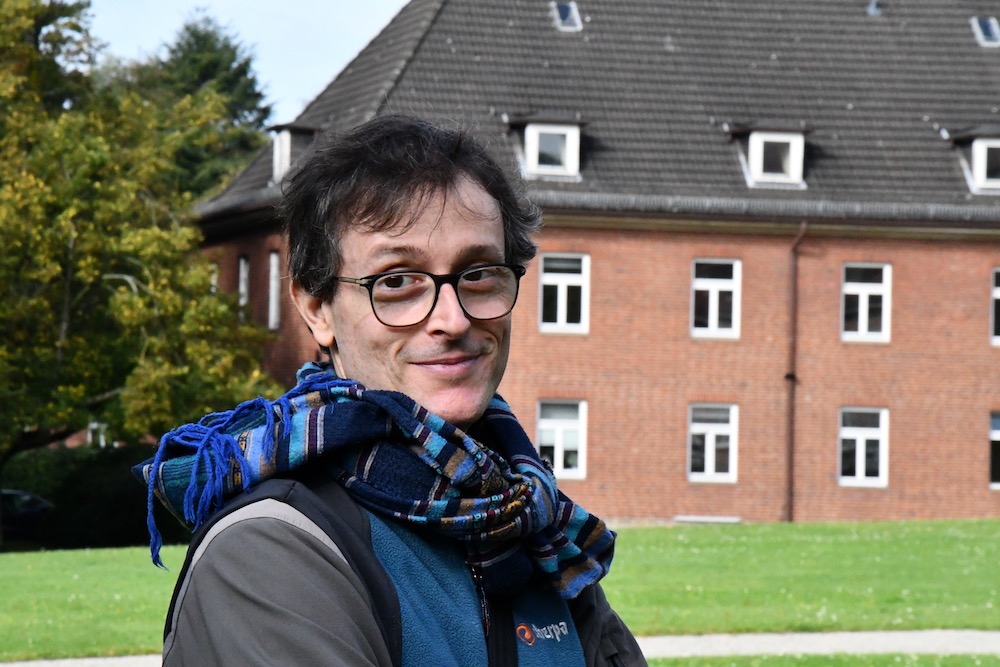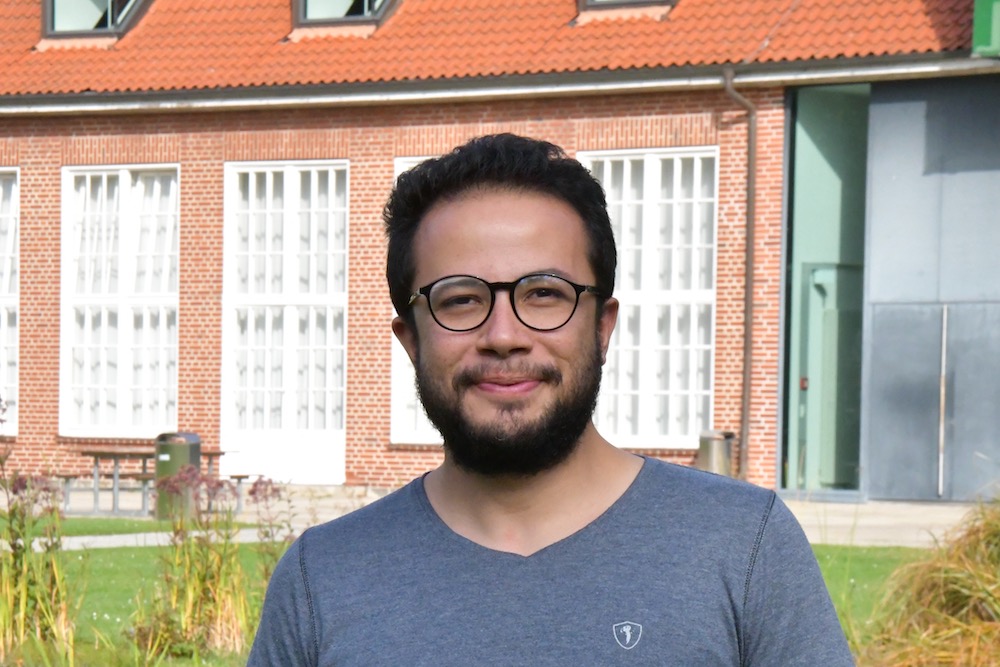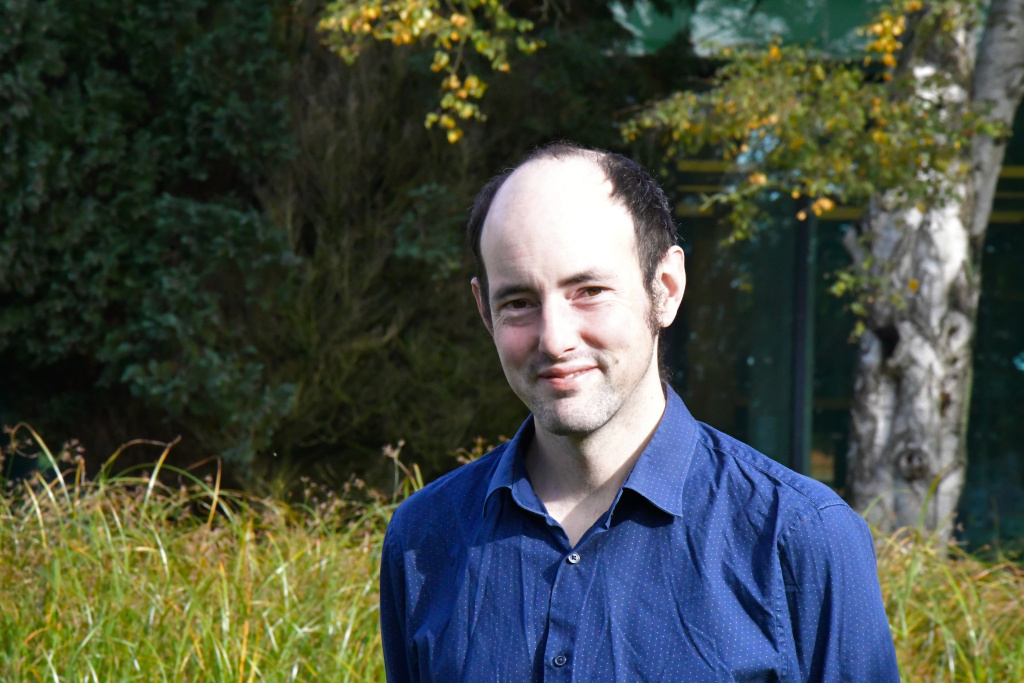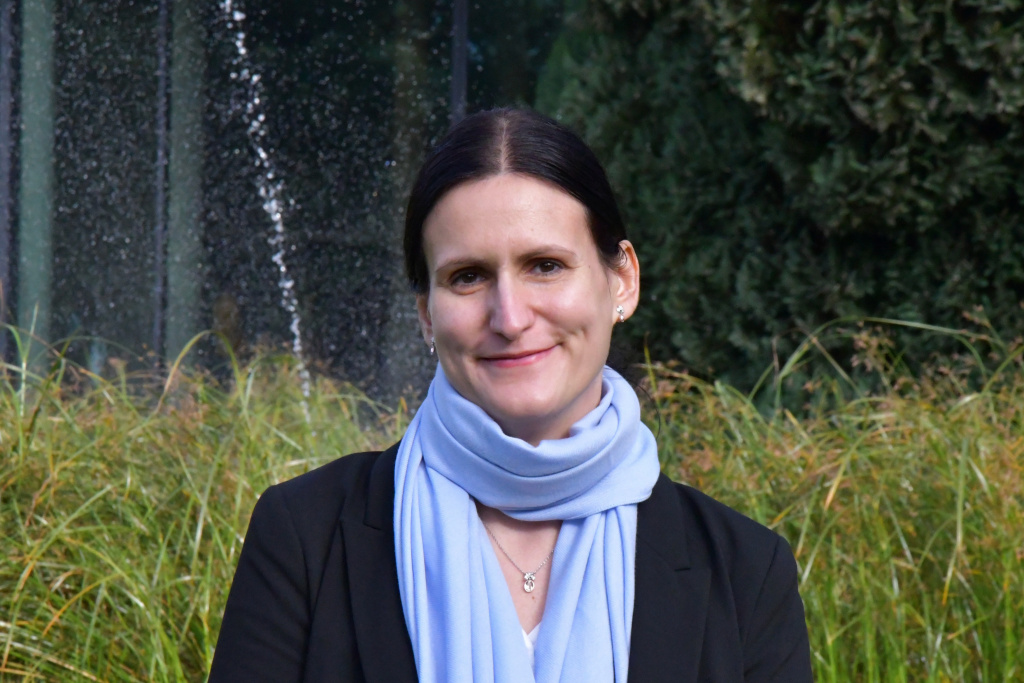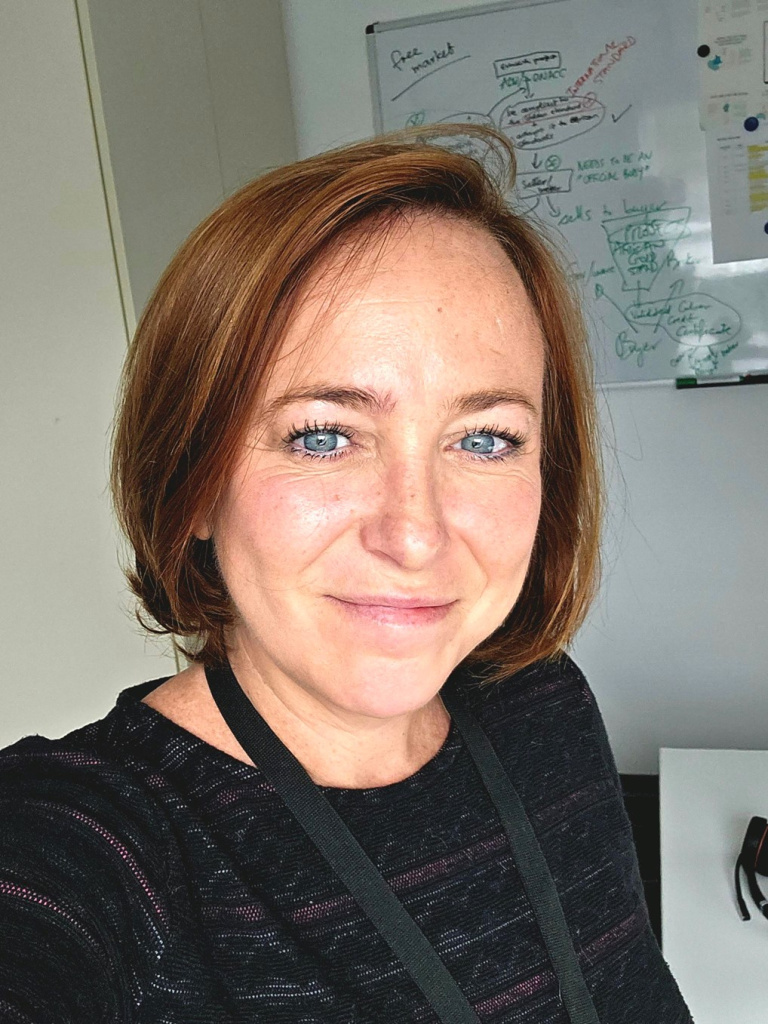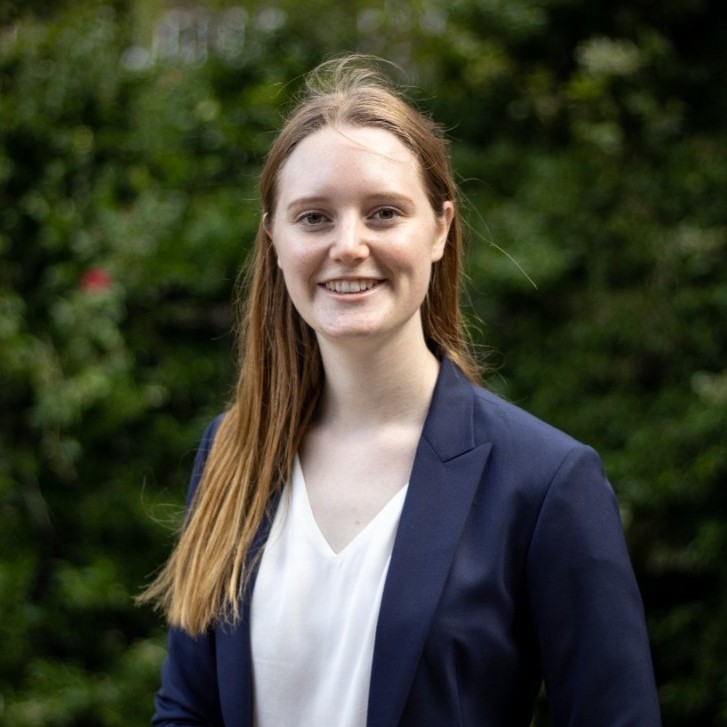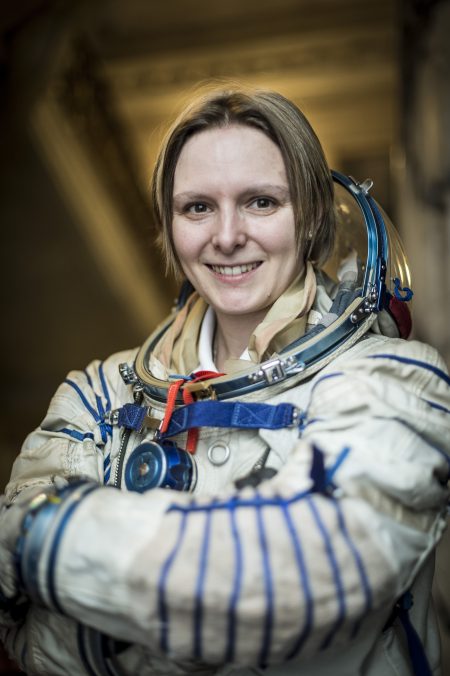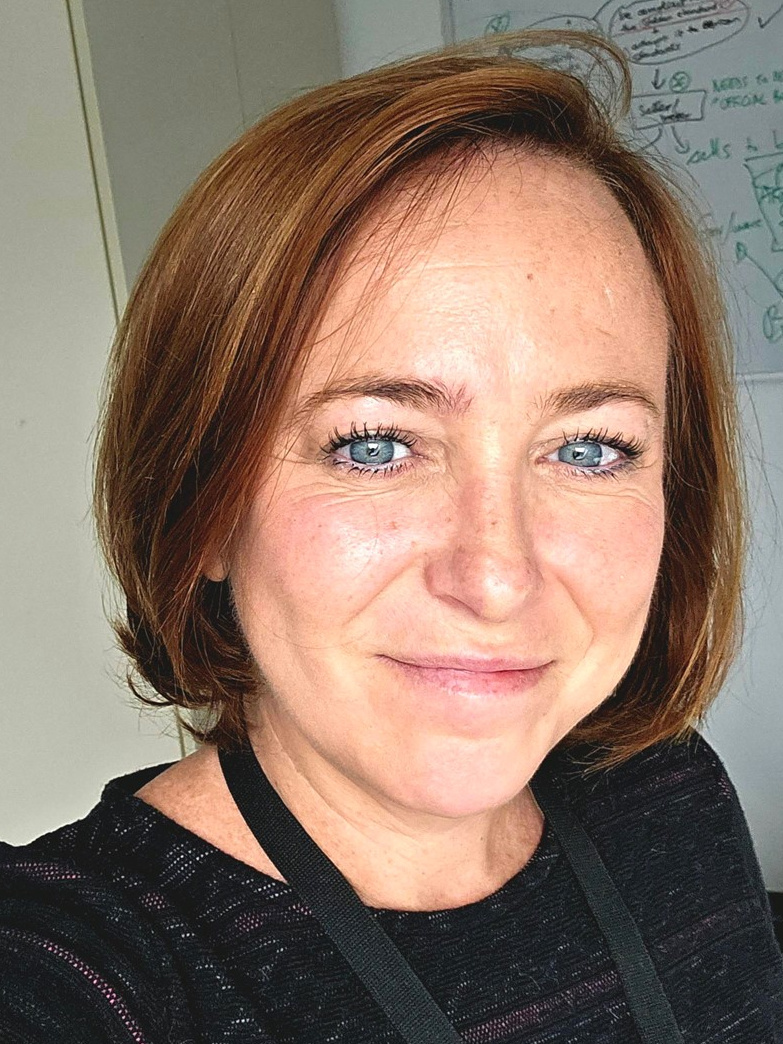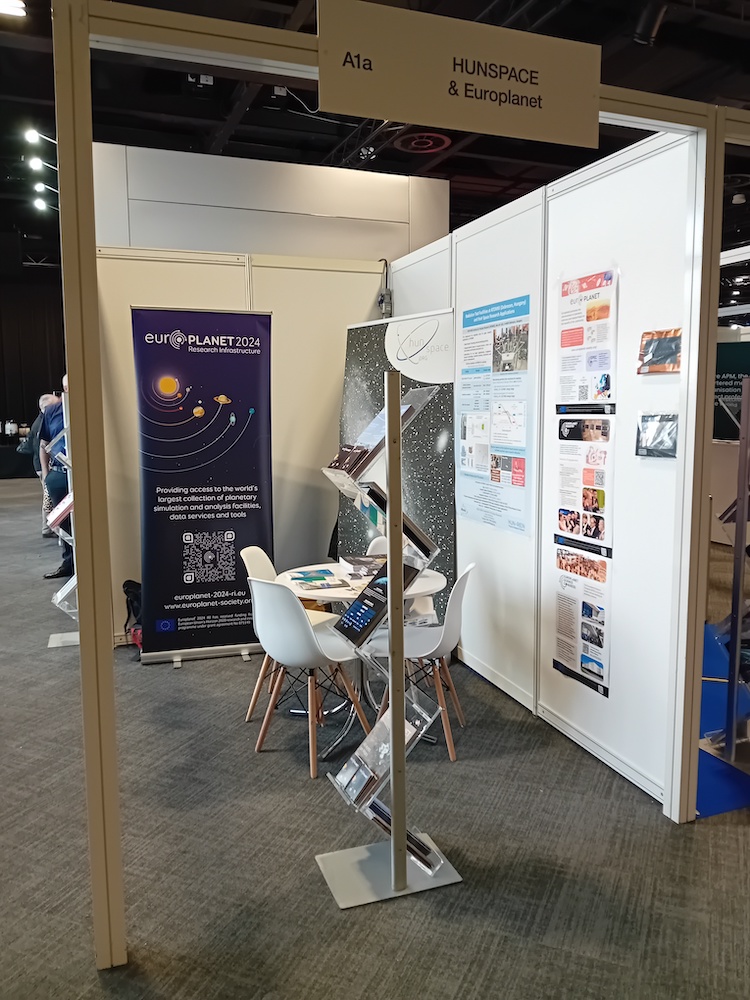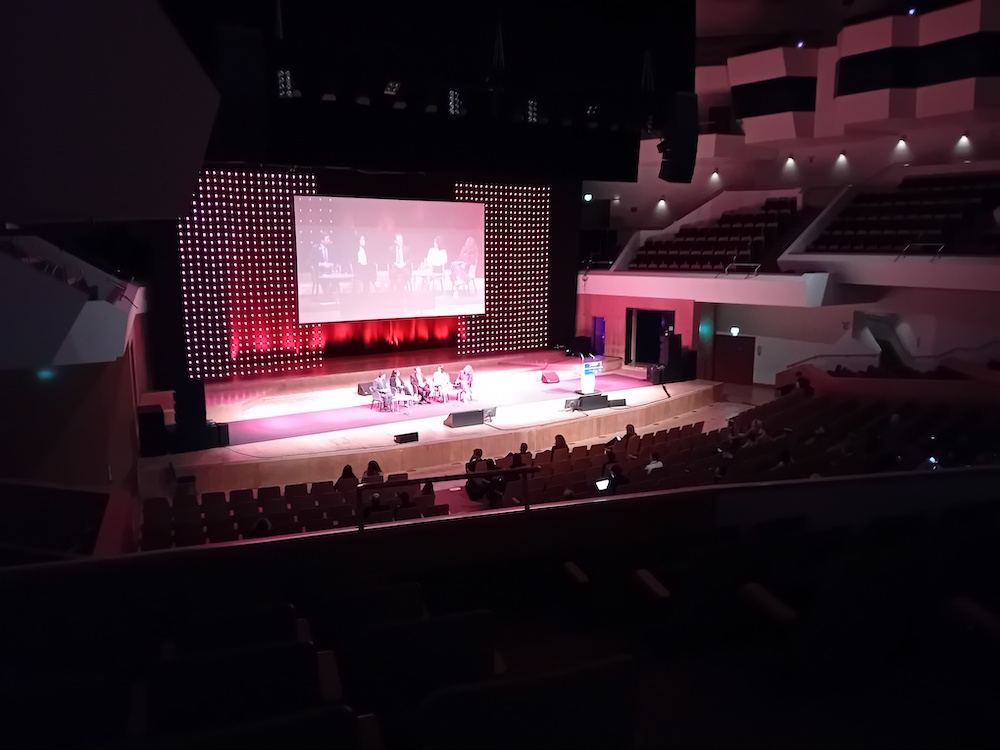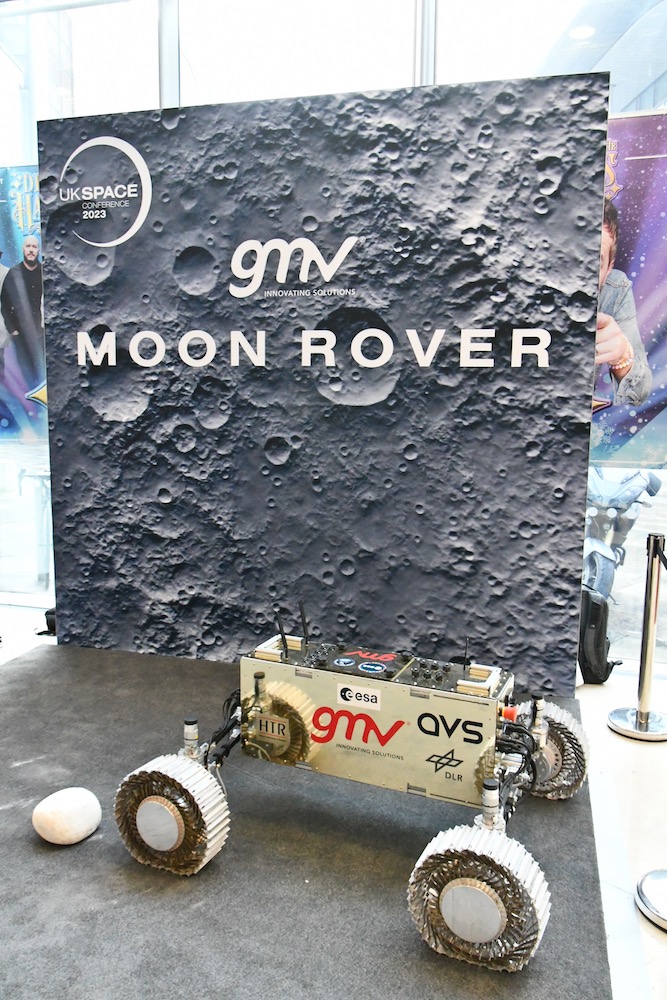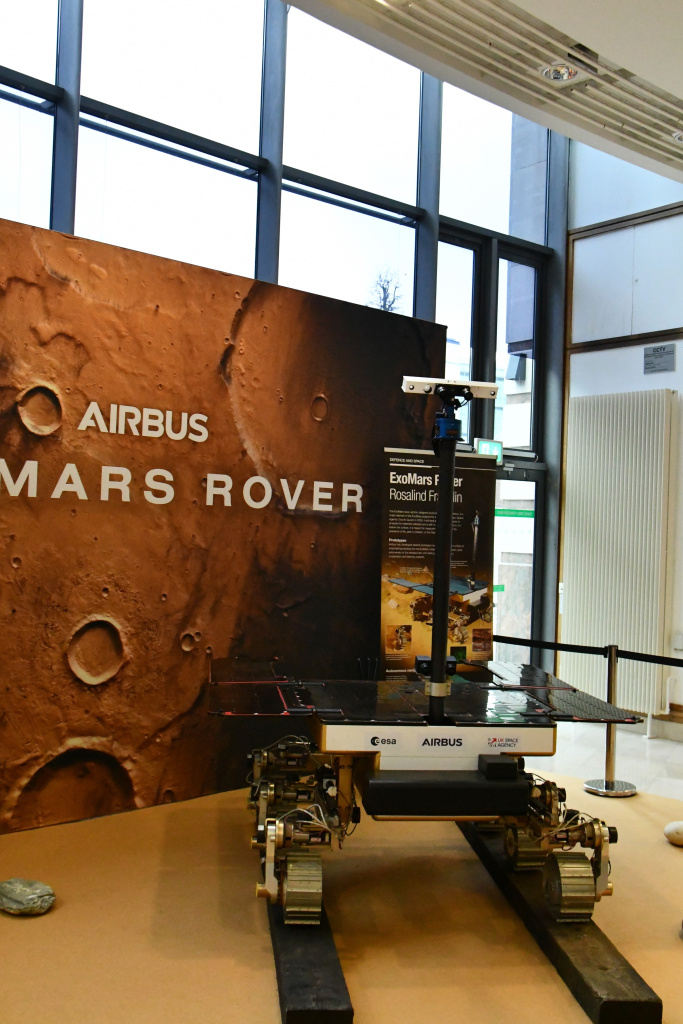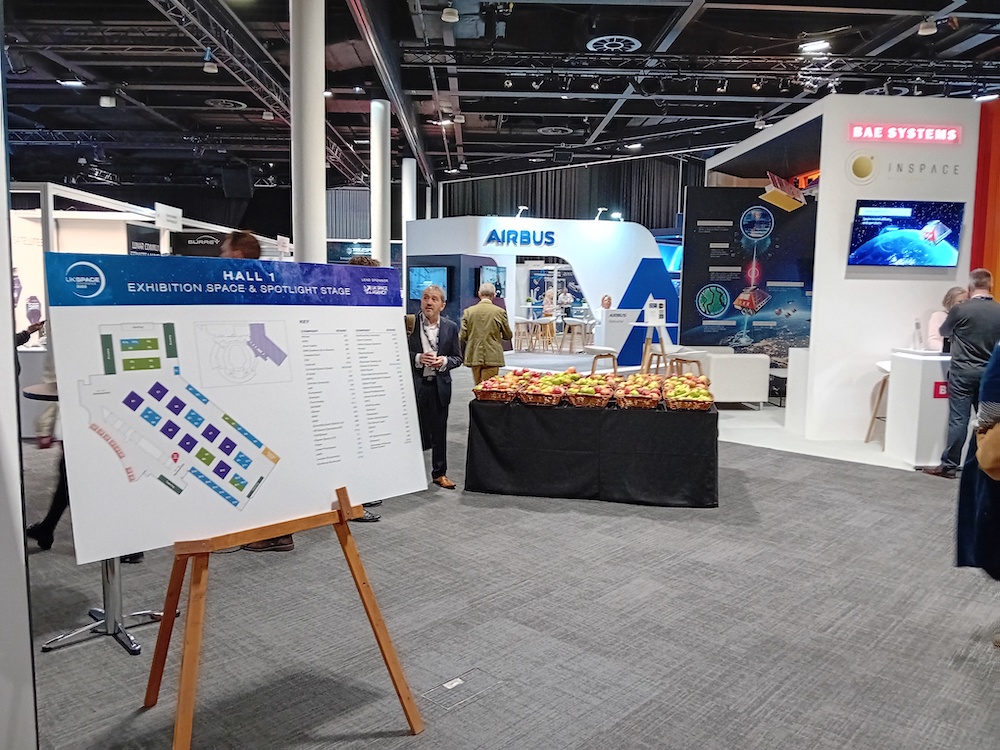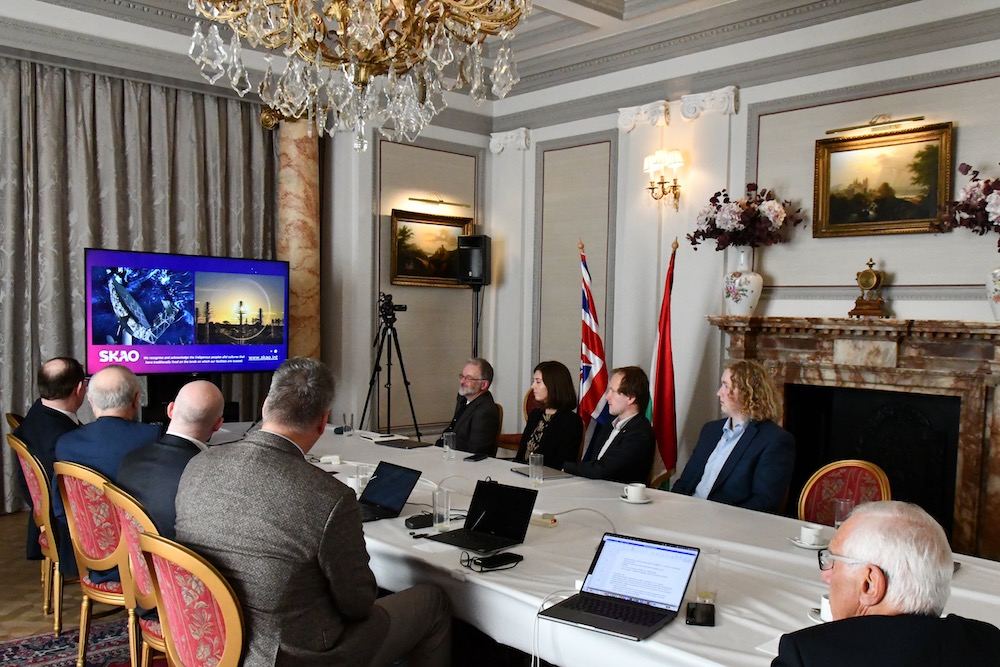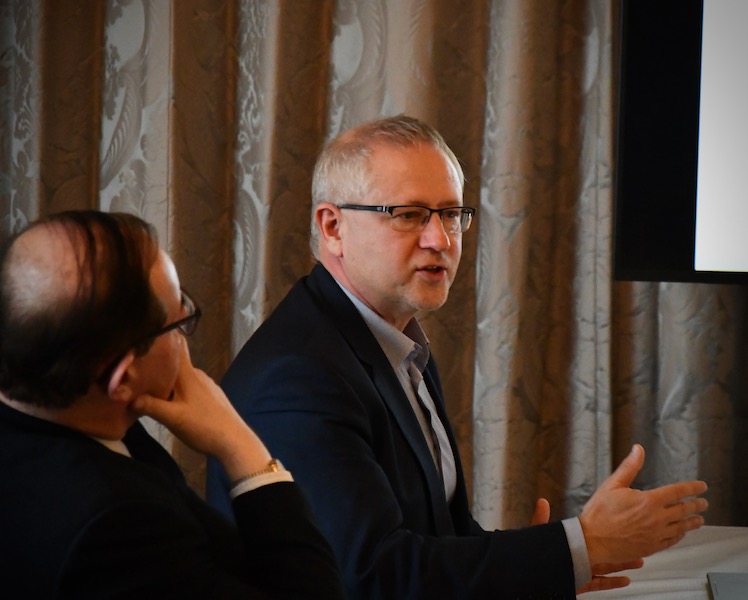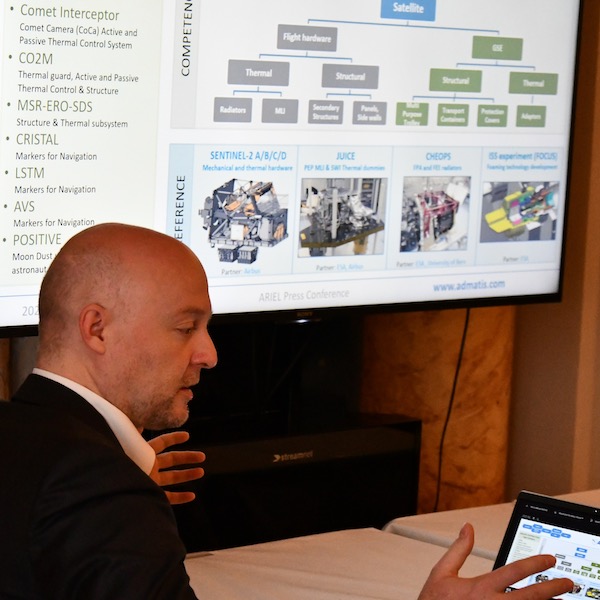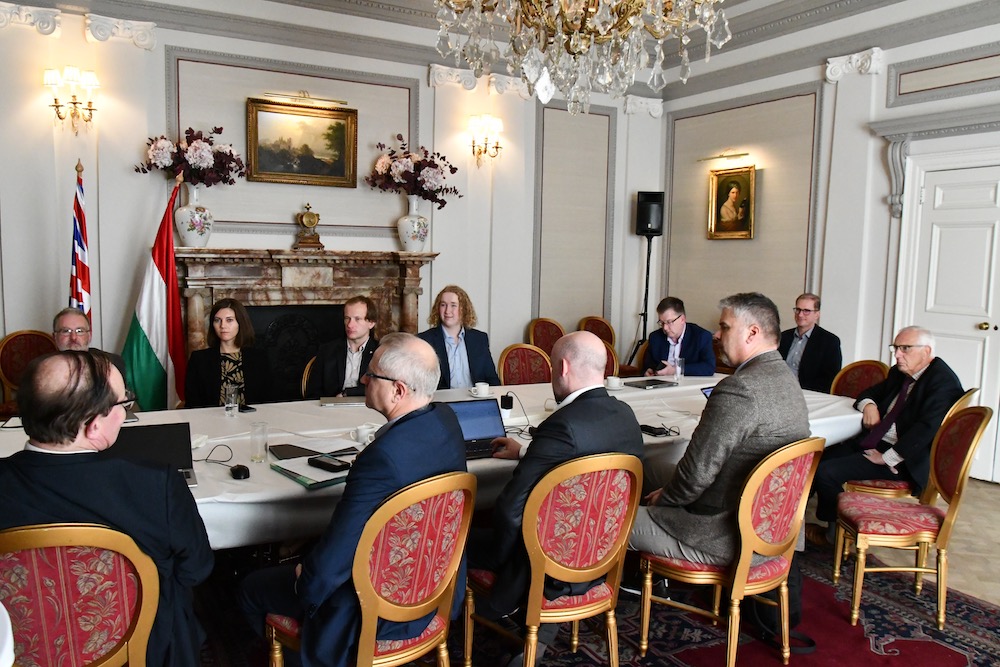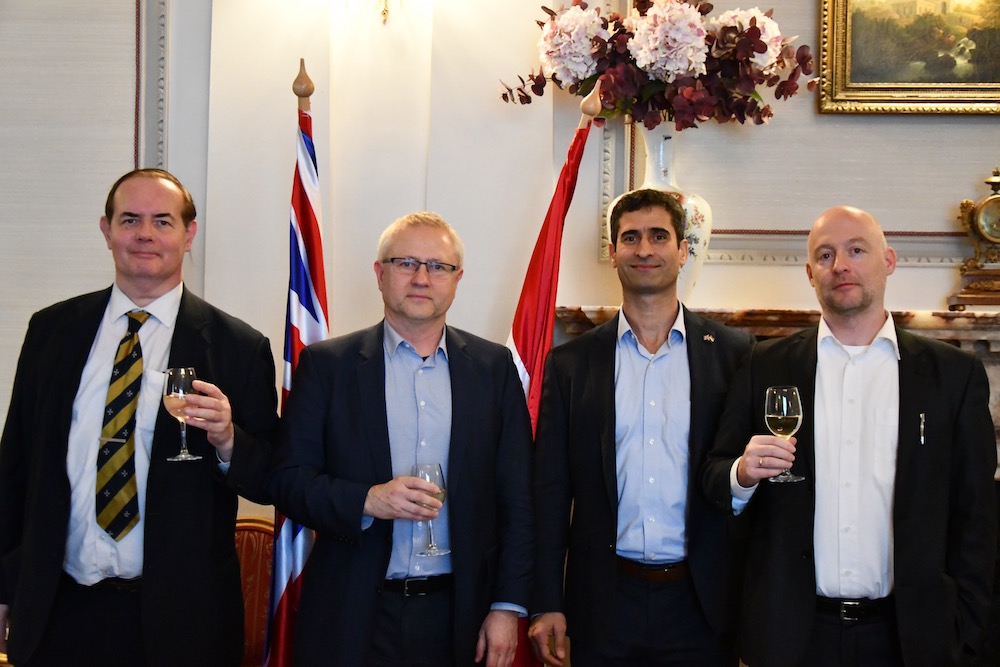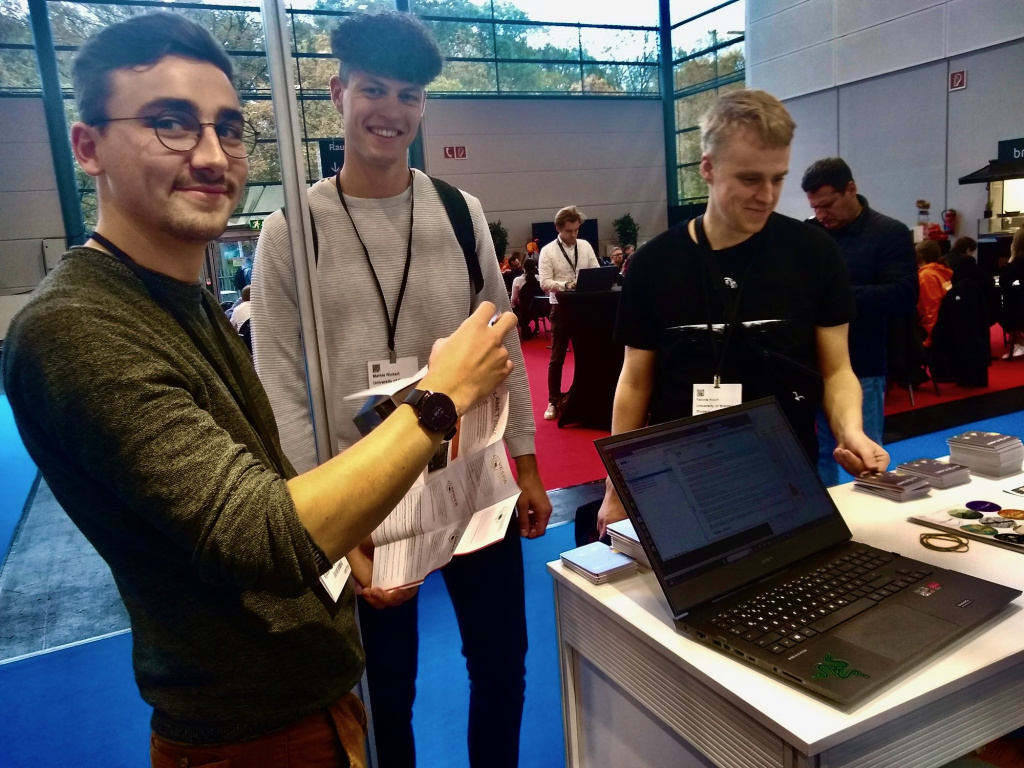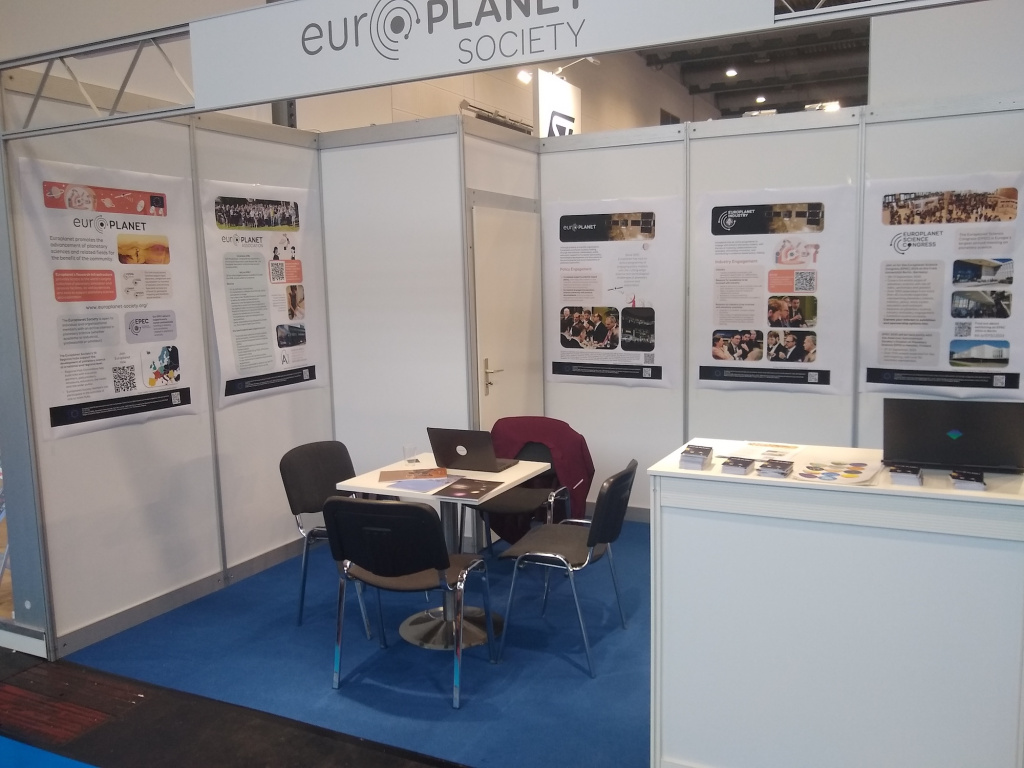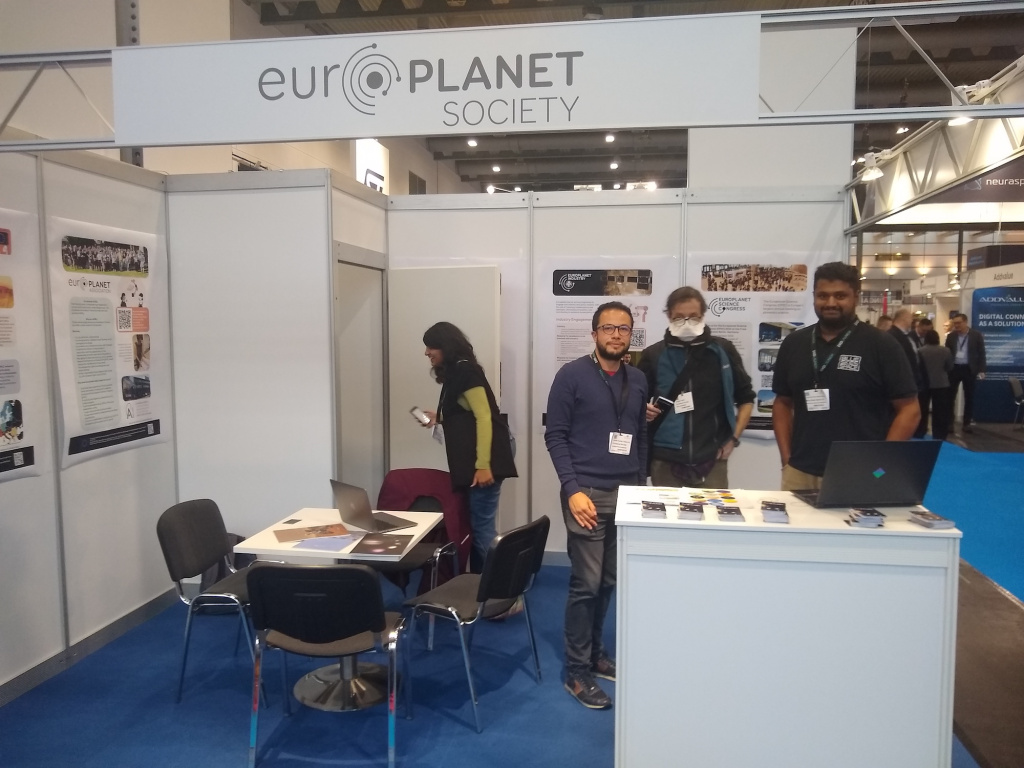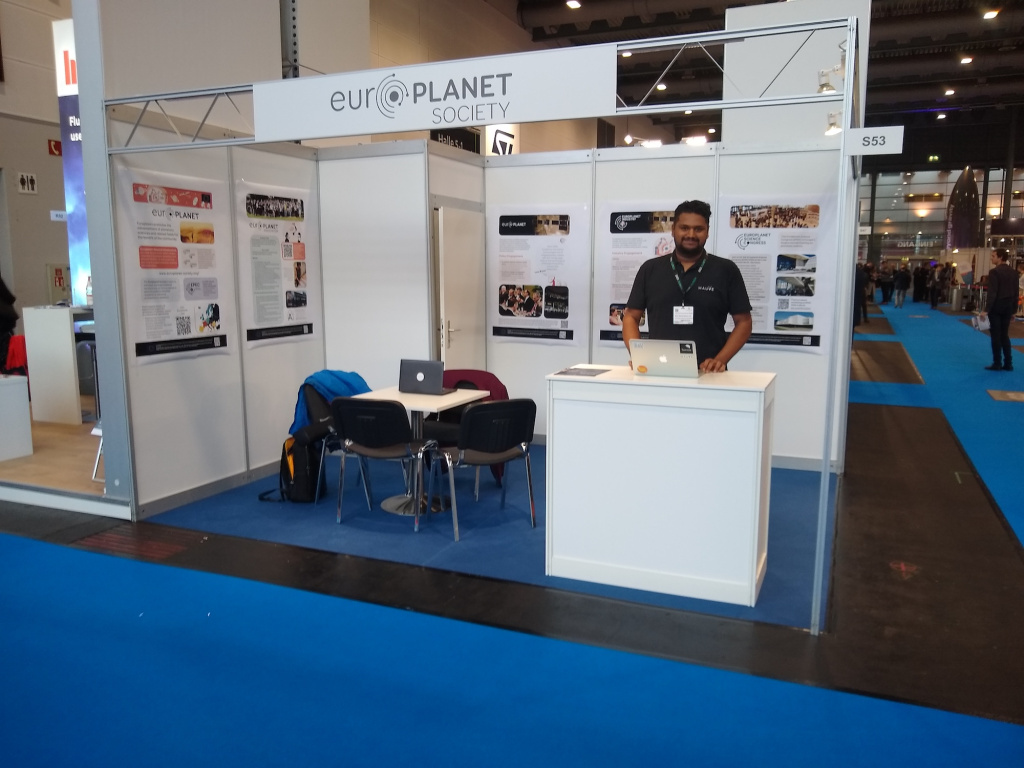ESFRI Landscape Analysis 2024 Launched at Belgian Conference on Research Infrastructures
A conference on ‘Research Infrastructures in a Changing Global, Environmental and Socio-economical Context’ was held at the Royal Library of Belgium in Brussels from 4-5 June, as part of the Belgian Presidency of the European Council. The conference focused on three main issues:
- Research Infrastructures (RIs) as key players of strategic autonomy in a changing global context
- the socio-economic and environmental impact of RIs
- the broad ecosystems of RIs.
In a mix of presentations and panel discussions, representatives of the European Commission, the Belgian Science Policy Office (BELSPO), the European Strategy Forum for Research Infrastructures (ESFRI), national policy makers and participants in a range of research infrastructures, discussed current challenges and future visions for the European RI community.
The conference also provided an opportunity to see and discuss the new ESFRI Landscape Analysis 2024. The Landscape Analysis provides a contextualised overview of the European RI ecosystem, identifying the main RIs operating transnational access in Europe, in all fields of research, and major new or ongoing projects. The Landscape Analysis 2024 will provide the framework for the next ESFRI Roadmap, which will set out strategic guidance for research infrastructures for the next 10-20 years.


As planetary science is such an interdisciplinary field, Europlanet works within a collaborative ecosystem of related astronomy and space RIs and networks, which include Opticon, Radionet, JIVE, Lofar, ChETEC-INFRA and the Square Kilometre Array (SKA).
The idea for an Astronomy & Space Network of Networks (NeoNs) was proposed in 2023, during a day of sessions at the Europlanet Research Infrastructure Meeting (ERIM) 2023 in Bratislava. The aim of Astronomy & Space NeoNs is to foster collaboration and provide coordinated feedback on astronomy and space science topics to policy makers. The first action of Astronomy & Space NeoNs was to provide feedback on the draft Physical Sciences and Engineering Domain of the ESFRI Landscape Analysis in 2023.
This input has clearly been noted. Astronomy & Space NeoNs is referenced in the Landscape analysis as “a recent network of RIs dedicated to Astronomy and Space Science, which facilitate transnational access to infrastructures”.
Importantly, due to feedback from Europlanet, coordinated through NeoNs, the title of the subdomain in PSE has been changed from ‘Astronomy and Particle Physics’ to ‘Astronomy, Astroparticle Physics and Space Sciences’. Although planetary science and related topics were previously covered in the description of this subdomain, the broadening of the title removes ambiguity and means that planetary science, astrobiology, astrochemistry are now explicitly included and given prominence under the PSE Domain.
Europlanet is also namechecked in the ESFRI Landscape Analysis document:
“…new facilities under construction are fully aligned and complementary with the major upcoming missions in space (such as the study of dark energy via Euclid, launched in 2023, the study of exoplanets via PLATO and ARIEL, the study of gravitational waves via LISA, space exploration such as the proposed missions to the Moon and Mars). Space-based observatories will require significant investment by European partners to secure leadership in missions led by ESA or in partnership with NASA, JAXA and other international space agencies. Experimental facilities should be complemented by e-infrastructures to cope with the rapidly developing Big Data capabilities of Machine Learning and Artificial Intelligence. Such networks of Research Infrastructures have been established (e.g. Opticon, Radionet, Europlanet) and are an essential part of the European Research Area. There is a long and successful European heritage here, and huge future potential across all areas of Astronomy, to include commercial return, computing and technology, training and outreach.”
These outcomes demonstrate the potential value of collaboration through Astronomy & Space NeoNs for the planetary community. The next steps in developing NeoNs will be discussed at the European Astronomical Society (EAS) Annual Meeting in Padova from 1-5 July.
The need for flexibility in legal structures for RIs was also raised at the conference in Brussels. The organisational structure for RIs favoured by the EC is the European Research Infrastructure Consortium (ERIC), a specific legal form designed to facilitate the establishment and operation of Research Infrastructures of European interest. ERICs are ‘participated by States’ and require approval at the national government level with council representatives usually appointed by government agencies. As of 22 December 2023, there are 28 ERICS, which represent only a fraction of the pan-European RI networks established over the last three decades. For small and medium-sized DRIs, the ERIC model may not be either optimal or practical, for example, when the DRI largely comprises facilities within universities and industry, and/or there is a need for flexibility in the type of infrastructure offered to communities.
Since 2021, Europlanet has been involved in the co-organisation of workshops for small to medium-sized Distributed Research Infrastructures (DRIs). In early 2024, Europlanet coordinated a survey to find out more about the ecosystem of DRIs, including the research areas covered, the DRIs’ funding models, their structures and plans for sustainability. Preliminary analysis of the survey responses show that, as alternatives to the ERIC structure, several DRIs have opted for the Association Internationale Sans But Lucratif (AISBL) model, which was adopted by Europlanet in 2023, or the French Loi 1901.
A fourth, in-person DRI workshop is planned in Budapest on 18 September 2024 as part of the Hungarian Presidency of the European Council, and the establishment of a formal DRI network is also being discussed. Further details about the workshop’s agenda and registration will be published soon.

